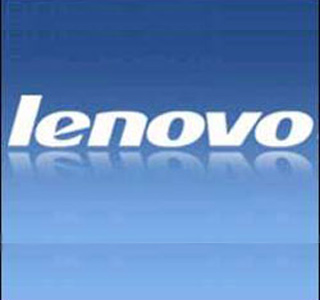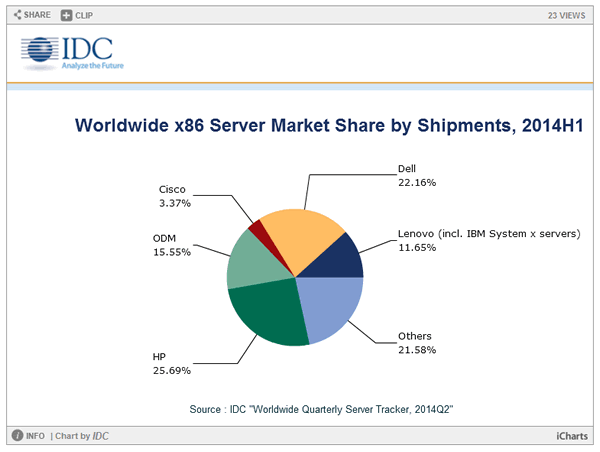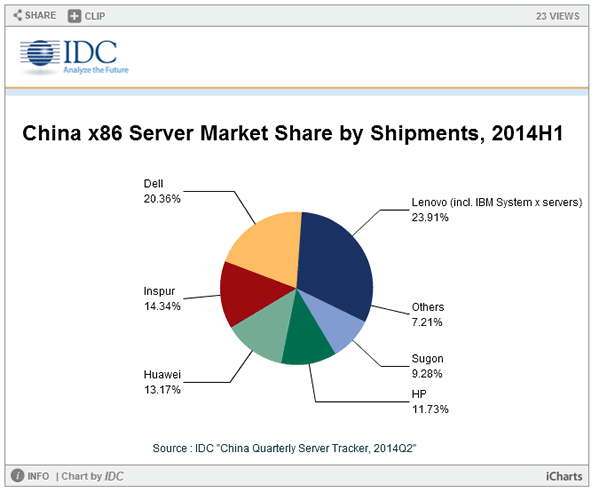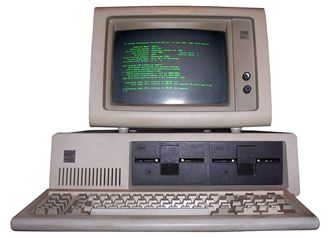 The US government has arrested the chief executive officer of a mobile spyware maker and charged him with allegedly illegally marketing an app that monitors calls, texts, videos, and other communications on mobile phones “without detection”,
The US government has arrested the chief executive officer of a mobile spyware maker and charged him with allegedly illegally marketing an app that monitors calls, texts, videos, and other communications on mobile phones “without detection”,
Hammad Akbar, 31, of Pakistan, was the first person to be banged up in connection with advertising and the sales of mobile spyware targeting adults—in this case an app called StealthGenie.
Assistant Attorney General Leslie Caldwell said in a statement that selling spyware is not just reprehensible, it’s a crime. Apps like StealthGenie were expressly designed for use by stalkers and domestic abusers who want to know every detail of a victim’s personal life—all without the victim’s knowledge.
We guess that is the government’s job.
Akbar, as CEO of InvoCode marketed the spyware online, produced an app that works on the Blackberry, the iPhone, and phones running Android.
He faces charges of conspiracy, sale of a surreptitious interception device, advertisement of a known interception device, and advertising a device as a surreptitious interception device. He was arrested in Los Angeles on Saturday. The spyware was hosted on servers run by Amazon Web Services in Ashburn, Virginia, the government said.
StealthGenie could record all incoming/outgoing voice calls and intercepted calls on the phone to be monitored while they take place. It allowed the purchaser to call the phone and activate it at any time to monitor all surrounding conversations within a 15-foot radius monitor the user’s incoming and outgoing e-mail messages and SMS messages, incoming voicemail messages, address book, calendar, photographs, and videos.
All of these functions were enabled without the knowledge of the user of the phone in real time.
The app required “physical control” of the phone, but the purchaser could then review communications intercepted from the monitored phone without ever again needing to touch the phone again, the government said.
While parents may use surveillance software to monitor their minor children’s mobile phones, InvoCode also marketed the spyware to “potential purchasers who did not have any ownership interest in the mobile phone to be monitored, including those suspecting a spouse or romantic partner of infidelity.”
 As we reported yesterday, Lenovo will acquire Intel’s X86 server business this week and that means it will be the biggest server company in mainland China.
As we reported yesterday, Lenovo will acquire Intel’s X86 server business this week and that means it will be the biggest server company in mainland China.



















